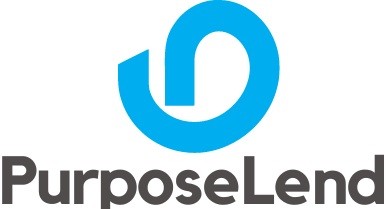RENT VS BUYING CALULATOR
A rent vs. buying calculator is a financial tool that helps individuals or households compare the costs of renting a property versus buying a home. It assists in making an informed decision by analyzing various factors such as upfront costs, monthly payments, long-term financial implications, and potential investment returns.
Here's how a rent vs. buying calculator typically works:
- Input Information: Users input various details about their current situation and preferences, such as:- Rental costs: Monthly rent amount, lease duration, and potential rent increases.Home buying costs: Purchase price, down payment amount, loan term, interest rate, property taxes, homeowner's insurance, closing costs, and maintenance expenses.Investment assumptions: Expected investment returns, property appreciation rates, and inflation rates.Calculation: The calculator compares the total costs of renting versus buying over a specified period, usually several years. It calculates the total expenses associated with renting, including rent payments and potential rent increases, and compares them with the total expenses of buying, including mortgage payments, property taxes, insurance, maintenance costs, and other homeownership expenses.- Results and Analysis: The calculator presents the results in various formats, such as tables or graphs, to illustrate the financial implications of renting versus buying. It may provide insights into which option is more cost-effective over the long term and under different scenarios.- Decision-making: Based on the analysis provided by the calculator, users can make an informed decision about whether renting or buying is the better option for their specific circumstances, financial goals, and preferences. Rent vs. buying calculators are valuable tools for prospective tenants and homebuyers to assess the financial aspects of their housing choices. By using these calculators, individuals can consider factors such as housing market conditions, personal finances, future plans, and investment objectives to determine the most suitable housing option for them.
Here's how a rent vs. buying calculator typically works:
- Input Information: Users input various details about their current situation and preferences, such as:- Rental costs: Monthly rent amount, lease duration, and potential rent increases.Home buying costs: Purchase price, down payment amount, loan term, interest rate, property taxes, homeowner's insurance, closing costs, and maintenance expenses.Investment assumptions: Expected investment returns, property appreciation rates, and inflation rates.Calculation: The calculator compares the total costs of renting versus buying over a specified period, usually several years. It calculates the total expenses associated with renting, including rent payments and potential rent increases, and compares them with the total expenses of buying, including mortgage payments, property taxes, insurance, maintenance costs, and other homeownership expenses.- Results and Analysis: The calculator presents the results in various formats, such as tables or graphs, to illustrate the financial implications of renting versus buying. It may provide insights into which option is more cost-effective over the long term and under different scenarios.- Decision-making: Based on the analysis provided by the calculator, users can make an informed decision about whether renting or buying is the better option for their specific circumstances, financial goals, and preferences. Rent vs. buying calculators are valuable tools for prospective tenants and homebuyers to assess the financial aspects of their housing choices. By using these calculators, individuals can consider factors such as housing market conditions, personal finances, future plans, and investment objectives to determine the most suitable housing option for them.
